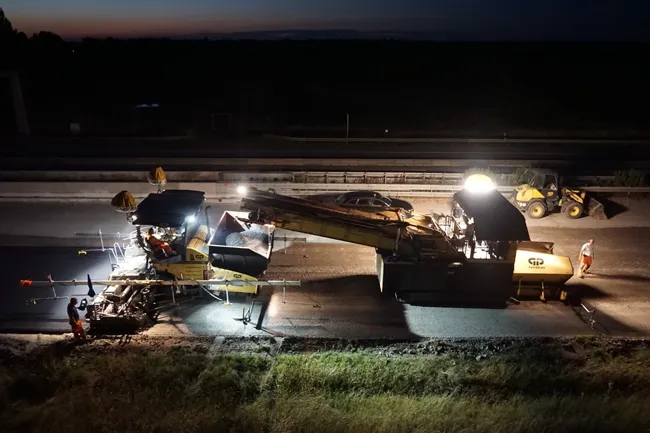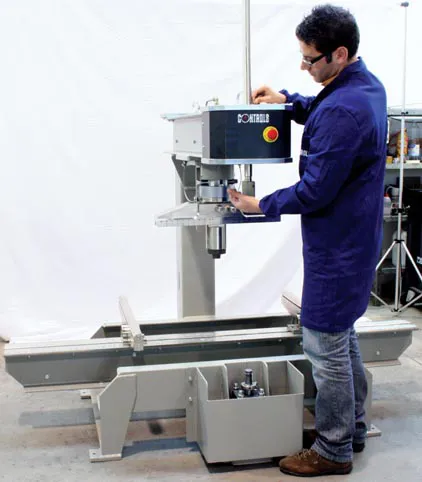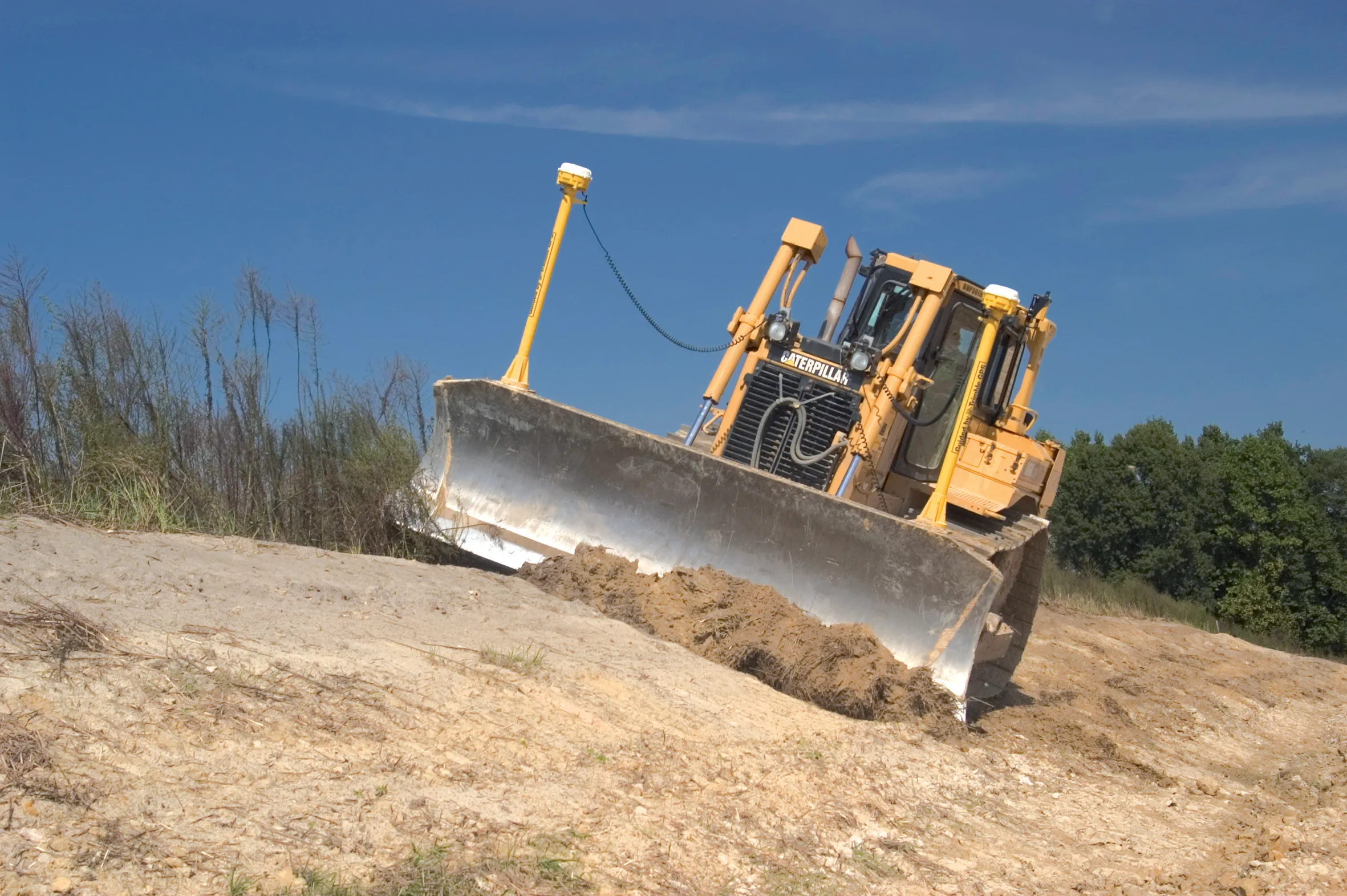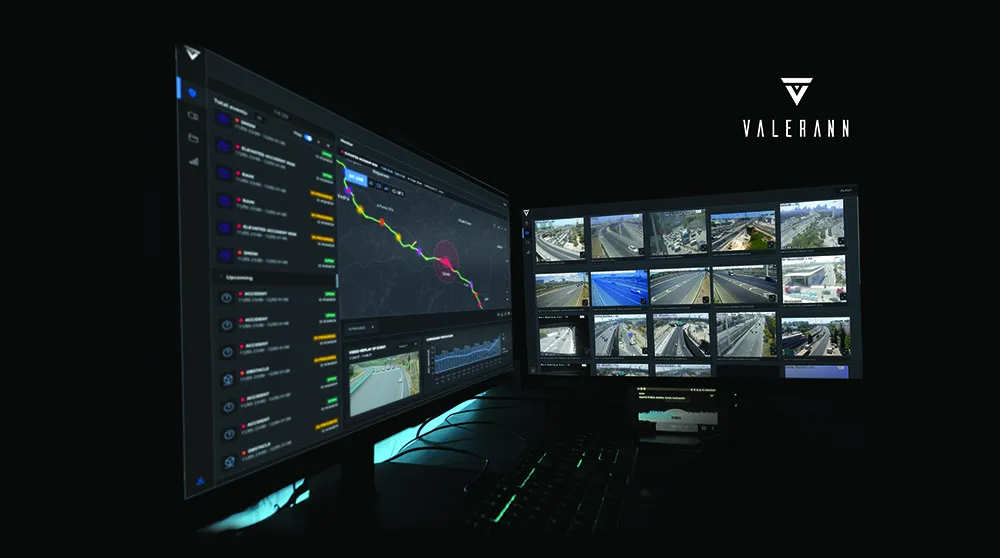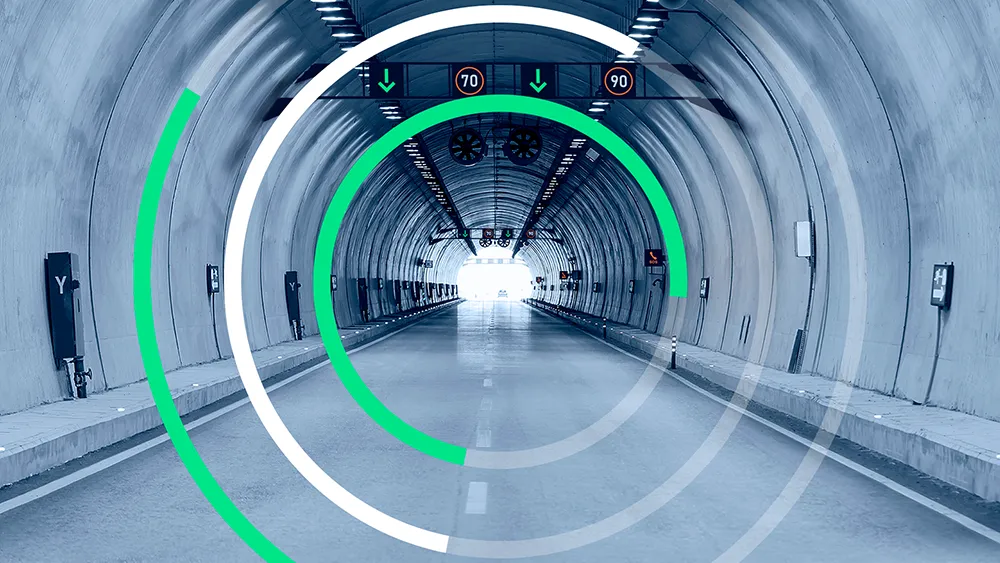
YuTraffic Varia is, the company says, one of the first controllers on the market that has already achieved SIL-2 certification in projects. It was shown recently at the World Tunnel Congress 2023 in Athens.
Currently, functions - from ventilation to lighting to traffic flow - are managed typically by a number of applications, leaving the operator with the major challenge of deriving necessary information and coordinating actions across them. With Yutraffic Varia, one single integrated application controls all tunnel processes including traffic management activities.
They can now be monitored and managed in an integrated manner, which both simplifies control and increases safety, explains Holger Erhardt, Yunex Traffic’s senior vice president interurban and tolling. Being modular and scalable, Yutraffic Varia can be flexibly adapted to the needs and requirements of the user. Yet, despite this capability, it remains intuitive and easy to use, he says. Automatic response plans and strategies enable an immediate reaction to unpredictable traffic situations and incidents, such as a blocked lane, a stationary vehicle or even a fire in a tunnel. In this way, the software contributes to greater safety in tunnels.
Also at the World Tunnel Congress in Athens, Yunex Traffic showcased developments of the digital twin – a visualisation of tunnels in virtual reality. It is the result of a combination of building information modelling (BIM), traffic and asset management system, traffic simulation and asset management. It represents a virtual image of the real infrastructure, systems and processes of tunnels.
The digital twin can replace real systems in many process steps and enables testing and simulation that would not be possible in the real world. This can increase project quality, accelerate implementation, reduce project costs and optimise operations.


